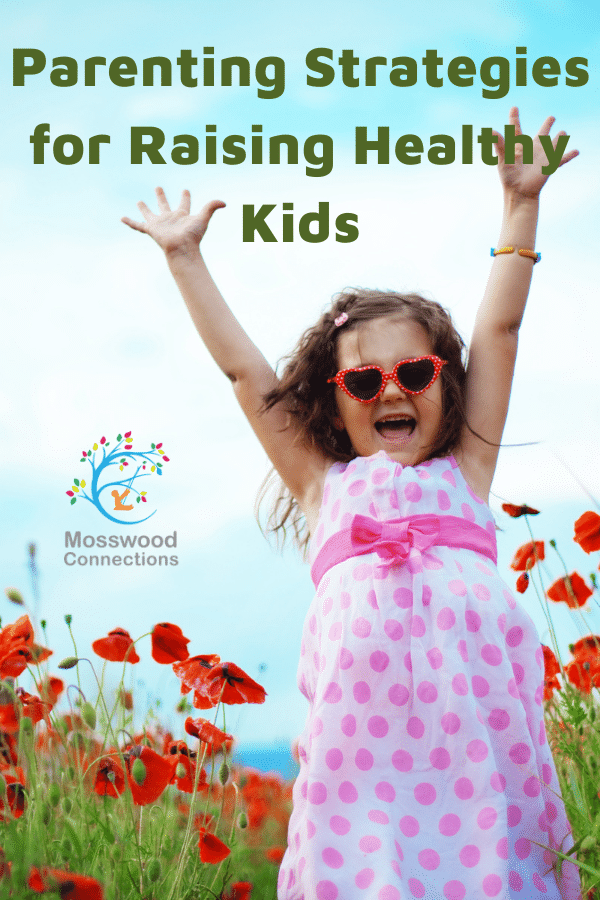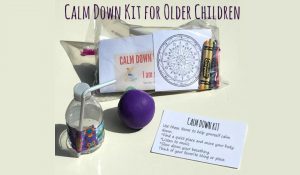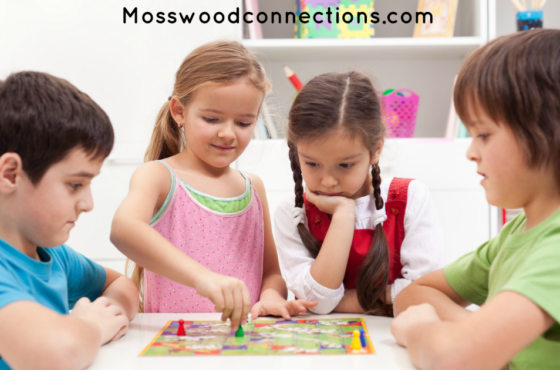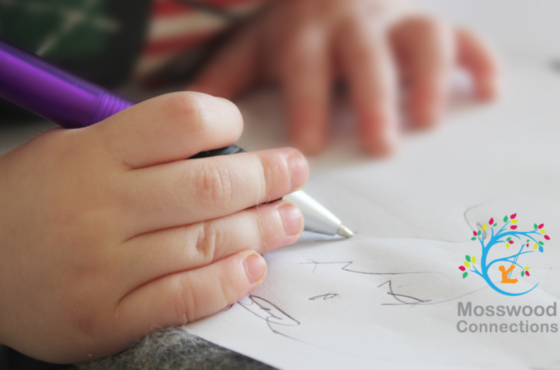7 Key Lessons Young Kids Should Learn About Being Healthy
January 14, 2021/ Shelah Moss / Parenting / 0 comments
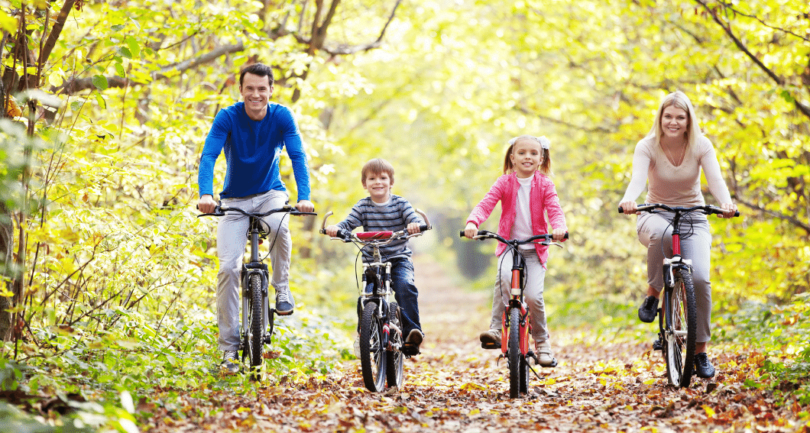
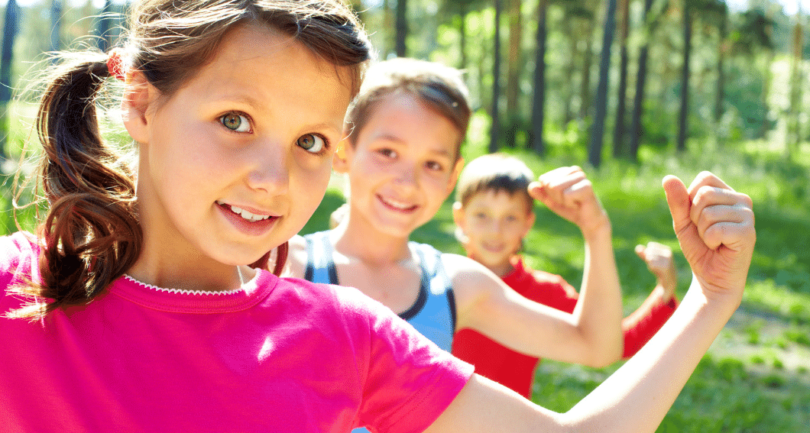

Parenting Strategies for Raising Healthy Kids
“If we could have but one generation of properly born, trained, educated, and healthy children, a thousand other problems of government would vanish.” -Herbert Hoover
All good parents are concerned about raising healthy kids. Even though it may not seem like it sometimes, kids are always listening and watching you. They pick up your habits, soak up new information, and use the adults in their lives as an example of how they should act. Teaching your kids healthy habits when they’re young will make growing up into a healthy adult much easier.
Healthy Kids Grow Up to Be Healthy Adults
These lessons may seem simple, but you’d be surprised how often these essential skills don’t follow kids into adulthood. How many adults do you know who spend more time on the couch watching television instead of exercising? Or who consistently reaches for the chips instead of the vegetables and hummus? Whether you’re a parent, an educator, or a child care specialist, there are some essential lessons you should teach kids while they’re young that will directly impact their adult lives.
This post contains affiliate links. Please visit our disclosure page for more information.
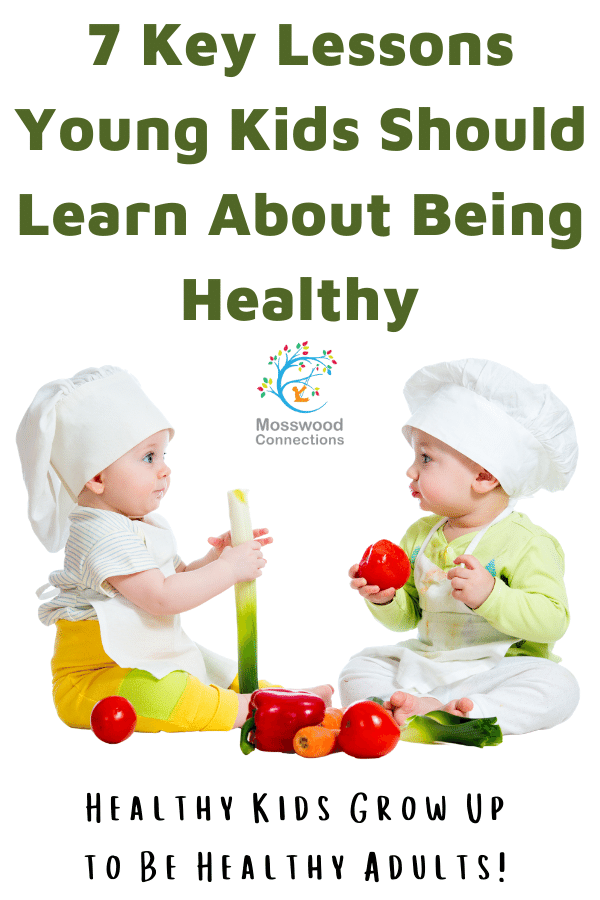
Lesson 1: Vegetables and healthy foods first
A stolen cookie out of the cookie jar every once in a while doesn’t hurt anyone. But if a child has a habit of reaching for junk food every time they’re hungry, they most likely will keep doing that as adults. Obesity in adults is at a staggering high right now. Teaching them that healthy foods should be their go-to option, and not just when it’s convenient is critical in raising physically and mentally healthy kids. Make sure to not make junk food a “forbidden” item in your house—that will only make them want it more. Instead, make yummy, healthy foods a staple around the house so they automatically want those types of foods instead of high-sugar, high-fat foods.
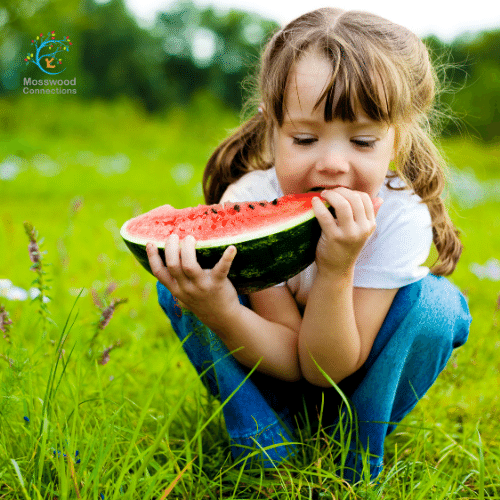
Lesson 2: Invest in fun physical activities
There are things in life worth a slightly higher price tag. Enjoyable exercise is one of them. Investing in kid’s experiences and skills instead of toys that they likely will lose or become bored within a few weeks will be much more valuable to them (and you) in the long run. Find a fun physical activity they enjoy, and give them all the resources they need to keep that interest up.
If they love to play soccer, sign them up for your local rec center’s team. If they love to hike invest in a sturdy pair of hiking boots. And if your child has physical limitations, give them the support and resources they need to keep that passion alive. This could be as simple as shoe inserts to make activities less painful, or personal training sessions to boost their skills and confidence.
Lesson 3: Be careful about the media you consume
You can’t seem to escape screens these days—they’re everywhere! Kids right now are growing up surrounded by the media. Your job is to help teach them the types of media they should and shouldn’t consume, as well as how to develop a healthy relationship with technology. Teach them about the dangers of watching sexually explicit or overly violent content, and why they should limit social media. Make sure to stress that the internet and media aren’t bad in and of itself, just that it shouldn’t control them or their lives.
Lesson 4: Sit up straight
Having good posture is something that will follow them throughout their lives, and starts when they’re young. Sitting in front of a screen, or hunched over playing video games all day promotes bad posture and could hurt their spine as their body develops. During your child’s doctor checkups, make sure they are checking for scoliosis or other posture issues. These will be quicker, cheaper, and less painful to correct when they’re young instead of when they’re adults.
Lesson 5: Be careful around addictive and dangerous substances
It’s the lesson every D.A.R.E. officer teaches during school assemblies: just say no. Addictions are easy to make, and hard to break. Teaching them about the dangers of addictive and dangerous substances when they’re young will help them make informed and healthy decisions when they’re older and face-to-face with those substances.
Have an honest, open discussion about peer pressure and how they should act when friends are doing things they shouldn’t be doing. It can be a difficult line to tow between scaring them and teaching them, but addiction is out there and they should know what stance to hold to when they find themselves in a tempting situation.
Lesson 6: Don’t underestimate the power of a good night’s sleep
Sleep is an important but often overlooked part of a healthy lifestyle. When they’re young, it’s (more or less) easy to get them to have nap time or go to sleep at a reasonable hour. But as an adult, getting those eight hours every night is much harder. If you don’t teach them about the importance of sleep when they’re a child, they will continue those bad sleep habits as they grow. And since sleep directly affects cognitive development, developing those habits as young as possible will help them be a functioning adult.
Lesson 7: Don’t skip breakfast
Everyone always says that breakfast is the most important meal of the day, and that’s because it is! A healthy, energizing breakfast sets the mood for the whole day and is the starting point for many other good habits. In addition to key nutrition, eating breakfast also provides a host of other attractive benefits. But as kids grow into adults and their lives become more hectic, breakfast is all too easy to overlook. Teaching children about proper eating and nutrition habits will help them grow into strong, healthy adults. And once they’re on their own, they’ll continue making breakfast—and overall healthy eating—a priority for the rest of their lives.

About the Author:
